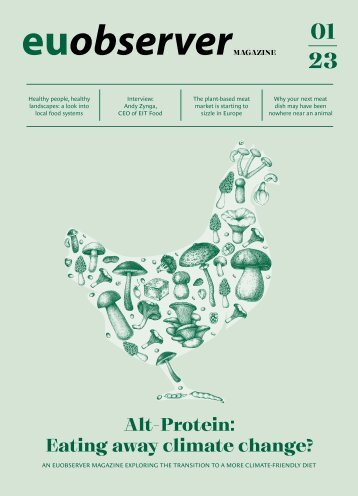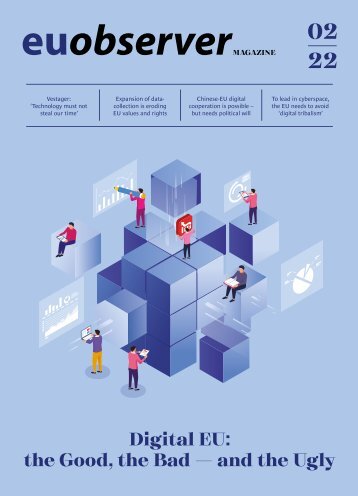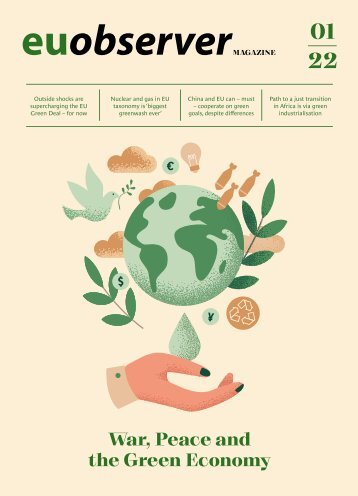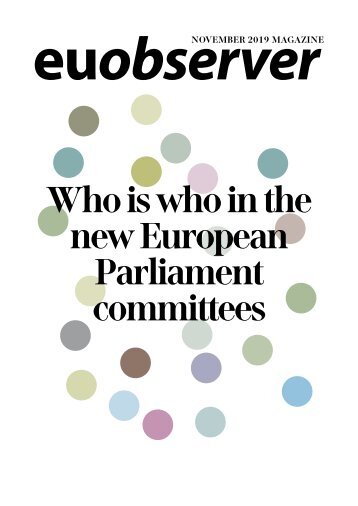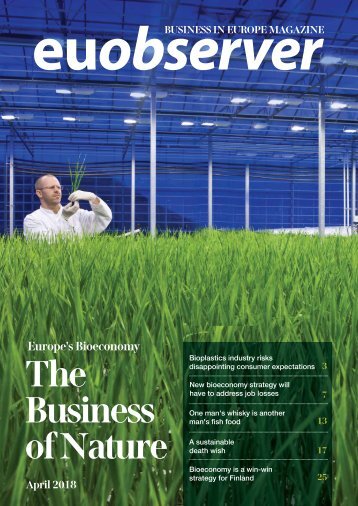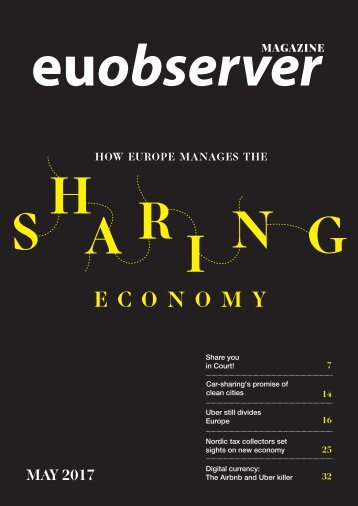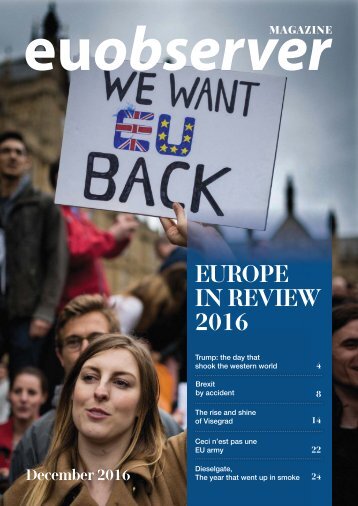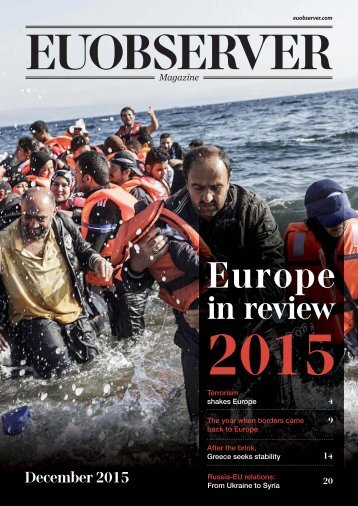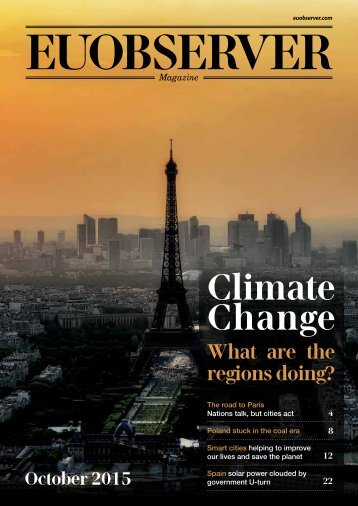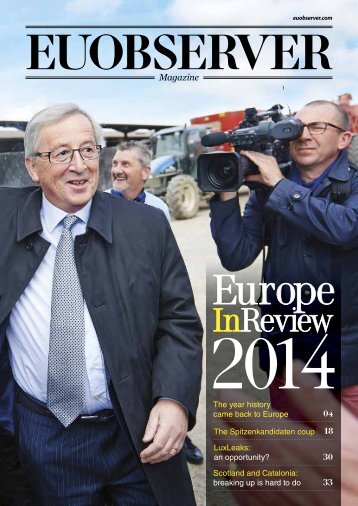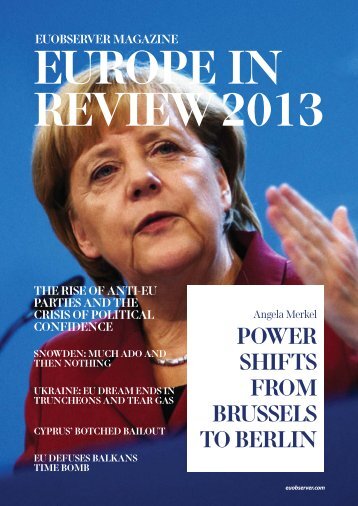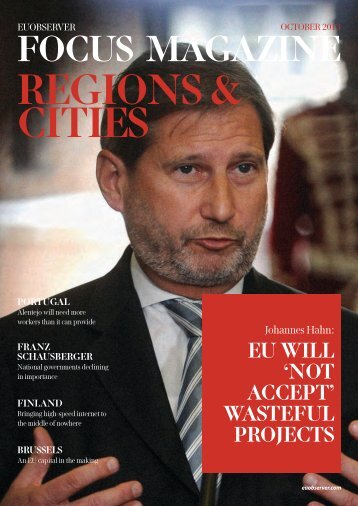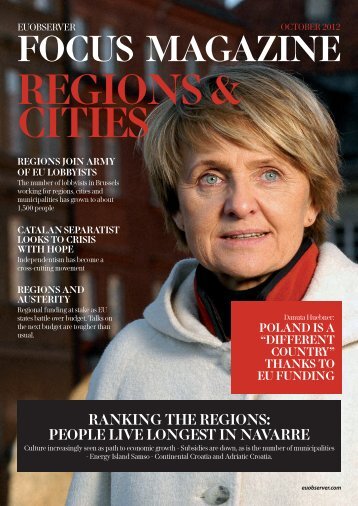Health in a post-pandemic EU
- Text
- Vaccines
- Health
- European
- Pandemic
- Diseases
- Healthcare
- Obesity
- Mrna
- Pharmaceutical
- Medicines
WHO CARES? This is a
WHO CARES? This is a human rights issue, we talk about the European social welfare model. So let’s make sure in the first place that we are supporting people in the best possible way.” Alfonso Lara-Montero Within Europe, the split between formal, informal, community, and facility-based care differs from region to region. Homecare services and community-based care are often the most difficult to access, since they are underdeveloped in many countries. Home and community-based services are most developed in the Nordic countries such as Denmark and Finland, while countries in the southern region face insufficient availability of home care provision. One of the consequences of the priority given to home care and community-based provision has been that the availability of residential care has been decreasing in several European countries over the past 25 years. and Policies explored the possibilities of ‘win–win’ politics that produce good outcomes for people of all ages, with a focus on embracing social determinants of health and allowing economic productivity even at old age. In order to keep healthcare systems affordable and sustainable, governments are increasingly taking into consideration the reliance on informal care provided by family members, friends, or neighbours. The assumption is that more emphasis on this type of informal care will eventually alter societal norms towards more family responsibility in care provision, so that people will become more inclined to take care of ageing family members themselves. “This is a human rights issue,” explains Alfonso. “We talk about the European social welfare model. So let’s make sure in the first place that we are supporting people in the best possible way.” That means providing the type and quality of care that best suits the individual – whether that is institutional, community, or informal care. • “A human rights issue” Population ageing is often treated as a threat to the sustainability of health systems. As such, policies are often framed around reducing overall costs and the financial burden to states. In 2021, the Economic Policy Committee produced a set of long-term projections of age-related expenditure, finding that age-related expenditure as a share of GDP is projected to increase in coming years, driven by long term care and healthcare. However, analysis done by the European Observatory on Health Systems Informal care has been estimated to have an economic value equivalent to 50 to 90 percent of the overall cost of long-term care across the EU. Researchers estimated that around 80 percent of all care ceived by people of all ages in the EU is provided by informal carers – of which two thirds are women. Gender inequalities are a constant challenge in health delivery, and even more so in the context of ageing. The devaluation of care work and the fact that women deliver the majority of both paid and unpaid care are as a result of structural power imbalances that should be addressed in policy. About Charles Ebikeme Dr. Charles Ebikeme is a science writer based in London. He holds a PhD in Parasitology and has worked across science and policy. Come for our great range of Volvo cars. Stay for our service and personal attention. Find the Volvo Diplomatic Sales Dealer near you. 1,0 – 8,8 L/100 KM I 23 – 207 G CO 2 /KM (WLTP) Contact your dealer for information about your vehicle taxes. 15 Environmental information RD 19/03/2004: www.volvocars.be
- Page 1 and 2: MAGAZINE 02 23 A ‘cure’ for obe
- Page 4: TABLE OF CONTENTS HEALTH IN A POST-
- Page 8: A ‘CURE’ FOR OBESITY HEALTH IN
- Page 12: WHO CARES? HEALTH IN A POST-PANDEMI
- Page 18: IN SICKNESS AND IN HEALTH HEALTH IN
- Page 22: HEALTH IN A POST-PANDEMIC EU More d
- Page 26: HEALTH IN A POST-PANDEMIC EU “It
- Page 30: HEALTH IN A POST-PANDEMIC EU Stakeh
- Page 34: KEEPING AN EYE ON AI-POWERED DRUGS
- Page 38: HEALTH IN A POST-PANDEMIC EU Prescr
- Page 42: Support truly independent European
Inappropriate
Loading...
Mail this publication
Loading...
Embed
Loading...

